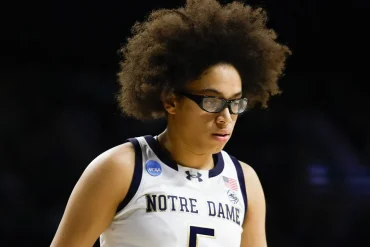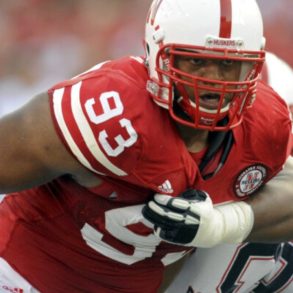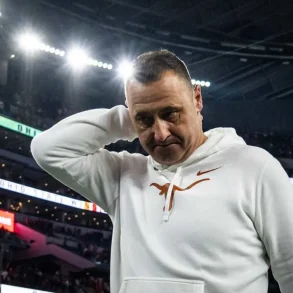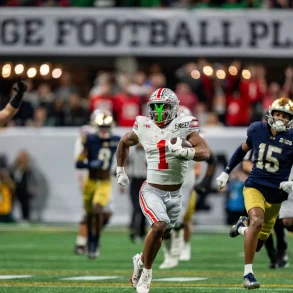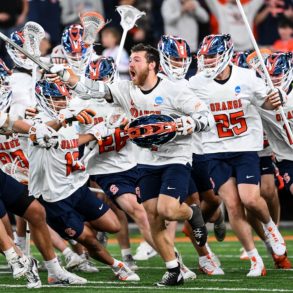College basketball’s postseason has wrapped up, but the real action is just beginning in the transfer portal—especially on the women’s side. A major headline came when All-American guard Olivia Miles announced her transfer from Notre Dame to TCU during a live segment on “NBA on TNT.”
Miles, a dynamic 5-foot-10 senior, brings elite talent to a TCU program coming off its best season ever. Averaging 15.4 points, 5.6 rebounds, and 5.8 assists per game, she’s expected to make an immediate impact.
NIL Earnings Outshine WNBA Rookie Salaries, Shaping New Decisions for Top Players
What makes Miles’ move even more significant is what she chose to delay: entering the WNBA Draft. Projected as a top lottery pick—possibly second only to UConn’s Paige Bueckers—Miles surprised many by opting to stay in college. In the past, passing up a high draft selection was almost unheard of, but Miles’ decision reflects a changing tide in women’s basketball.
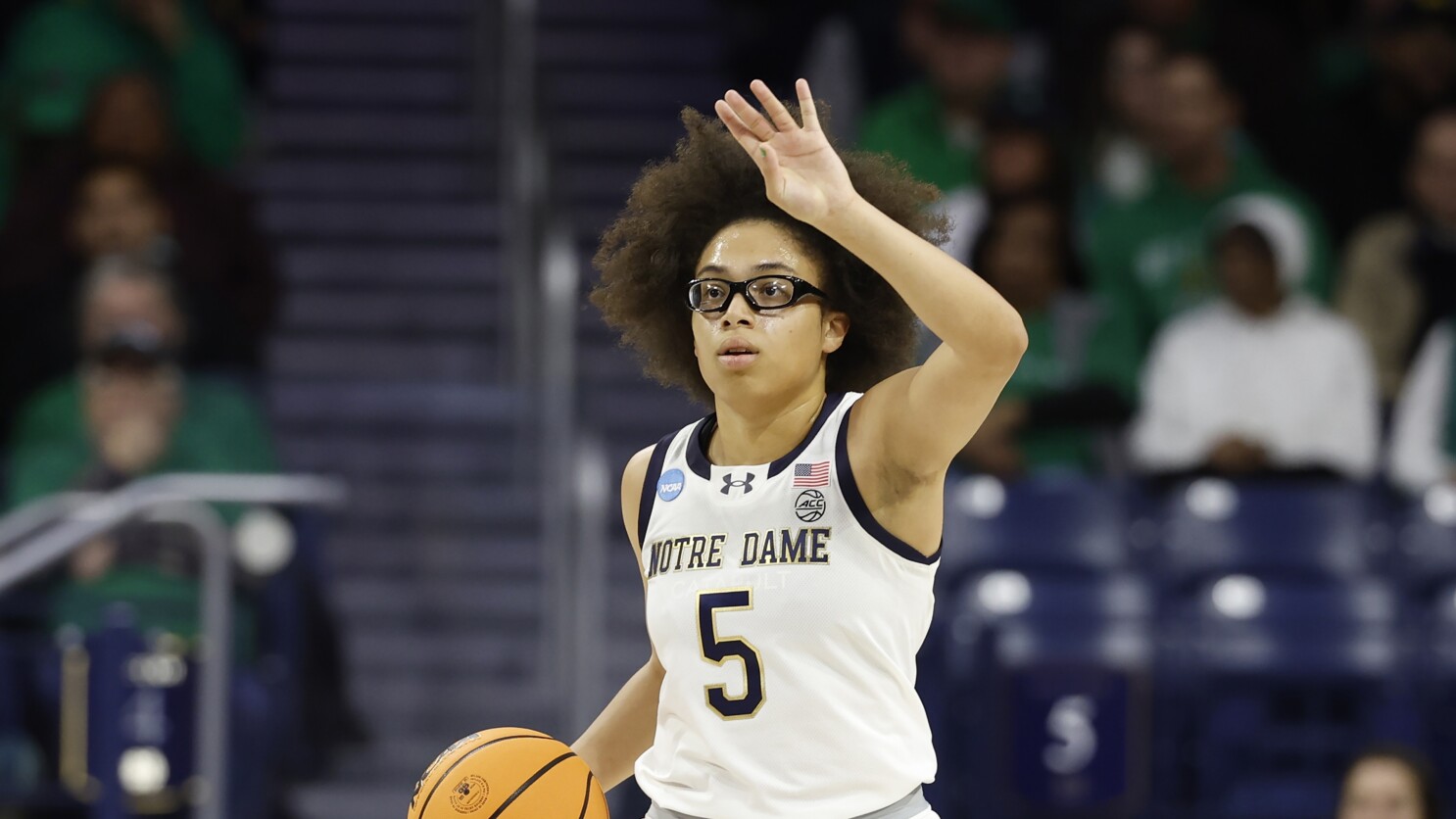
A key factor influencing Miles and others is the earning potential through Name, Image, and Likeness (NIL) deals. Players like LSU’s Flau’jae Johnson and Paige Bueckers reportedly earn $1.5 million and $1.4 million, respectively, in NIL valuations—far surpassing rookie salaries in the WNBA.
Top draft picks earn around $78,831 annually, with rookie contracts totaling roughly $348,198 over four years. For elite college stars, staying on campus can be the more lucrative route.
Staying in School Becomes Smart Business Move for Women’s College Basketball Stars
Olivia Miles is already capitalizing on her personal brand, with endorsements from companies like Hello Gorgeous! and Stackwell Capital. Her move to TCU could further boost her visibility and marketability, especially as other stars like Bueckers and Hailey Van Lith head to the WNBA. Remaining in the college spotlight provides athletes more opportunities to grow their brands while competing at a high level.
Miles isn’t the only player opting to return to school. Standouts like Flau’jae Johnson, Ta’Niya Latson (now at South Carolina), and UCLA’s Lauren Betts are also delaying professional careers. These decisions provide not only another year of athletic development but also a chance to expand financial and marketing opportunities.
If this pattern continues, it could mark a new era in women’s college basketball—where staying in school becomes the smart move for top-tier talent.



